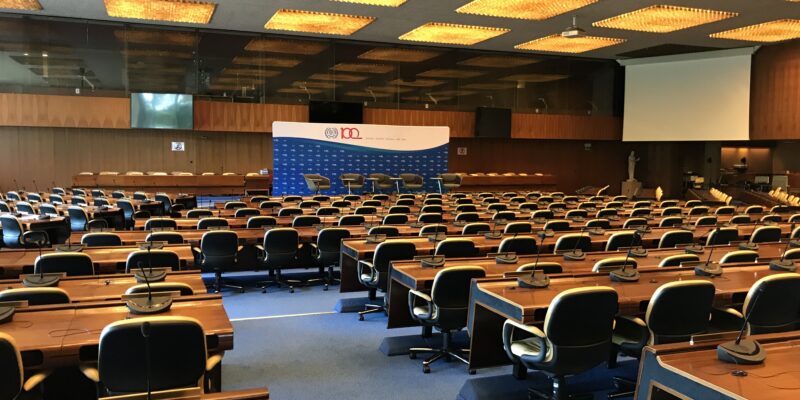Working from Home – A Challenge to Workers’ Rights to Privacy, Humanity and Dignity
The COVID-19 pandemic has globally shifted millions of people from working at their workplace to teleworking from home.[1] Even though the pandemic seems to have subsided and people have returned to the office, the phenomenon of remote work has become an integral part of modern working life.[2] In this essay, I aim to demonstrate how…










